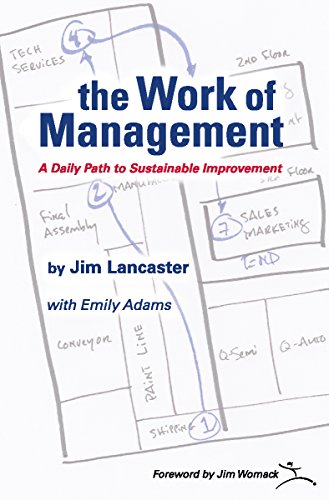Sublime
An inspiration engine for ideas
ZachGoldberg • Startup-CTO-Handbook/StartupCTOHandbook.md at main · ZachGoldberg/Startup-CTO-Handbook

Lean is centered on the idea of “flow”: that you move from stage A to stage B to stage C as smoothly and efficiently as possible with the least amount of wasteful effort. Improving flow involves a process of mapping the current steps in the flow, then challenging what is being done in each one of them to reduce friction at every step. At its core,
... See moreDavid Allen Edward Lamont • Team: Getting Things Done with Others

Kaizen is a state of continuous improvement where people naturally look for ways to improve poorly performing practices.
Tonianne DeMaria Barry • Personal Kanban: Mapping Work | Navigating Life

The Ultimate Guide to Business Process Management: Everything you need to know and how to apply it to your organization
amazon.com
Toyota developed processes that ensured that every defect was identified and fixed as soon as it was created. As long as Toyota is continually identifying “anomalies” in the manufacturing process, every single defect is seen as an opportunity to make the process better. There are, in effect, a set of rules that ensure that this happens. For
... See moreKaren Dillon • Competing Against Luck: The Story of Innovation and Customer Choice
The Principles of Product Development Flow: Second Generation Lean Product Development
amazon.com